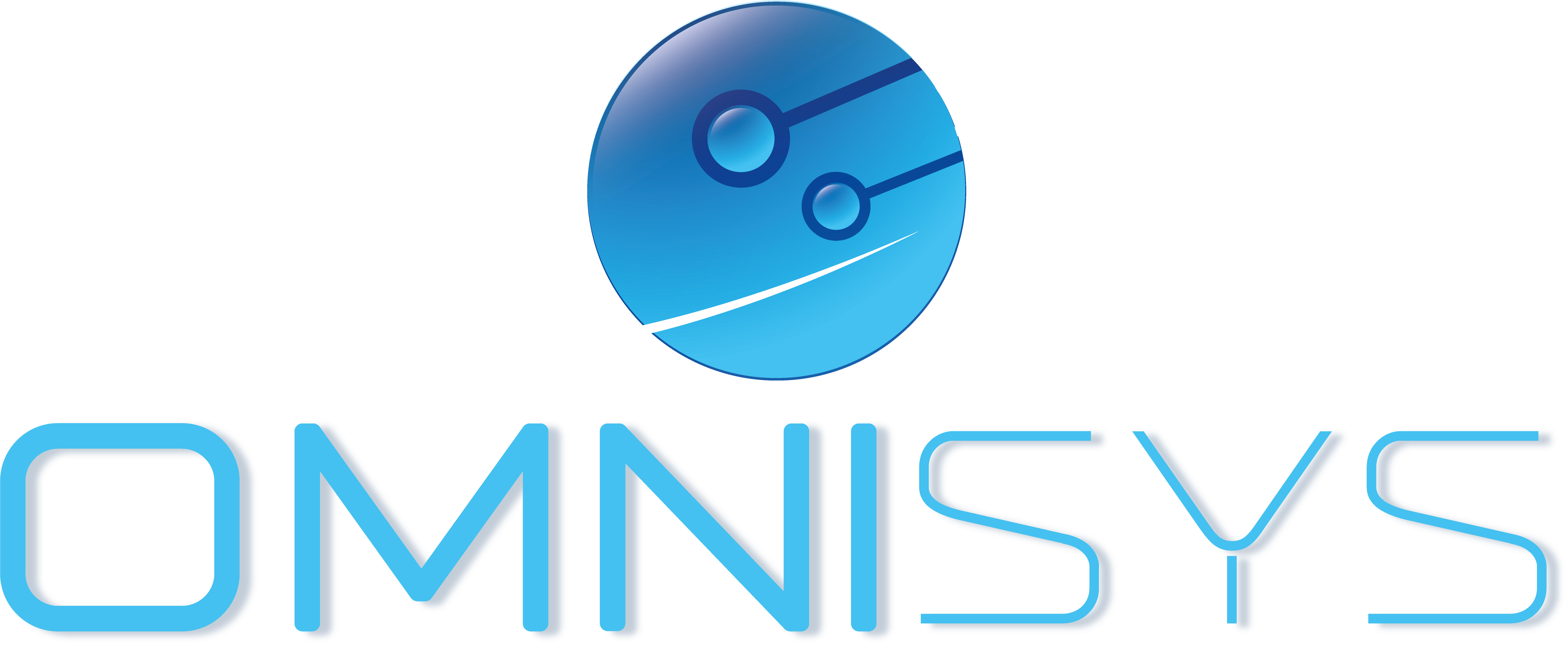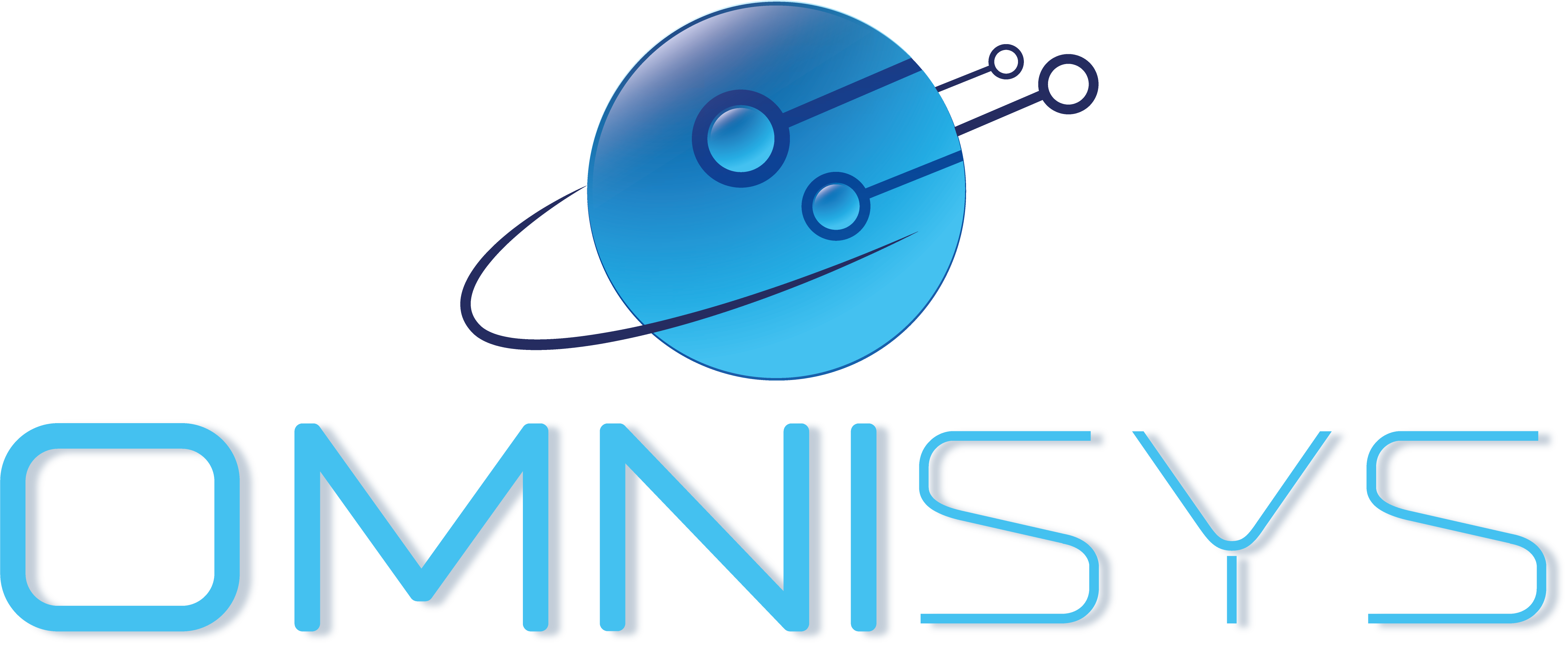In the digital era, customer relationship management has become a key component for the success of any business. An essential tool in this area is CRM, or Customer Relationship Management.
What is a CRM?
CRM stands for Customer Relationship Management. It is a strategy and technology used by companies to manage and analyze interactions with customers and potential customers.
A CRM system centralizes all customer information in a single, accessible database, allowing employees to manage interactions and data in real-time. Additionally, a CRM not only stores data but also facilitates the automation of sales, marketing, and customer service processes.
Importance
- Improves Customer Relationships: CRM allows companies to keep a detailed record of interactions with each customer, making it easier to personalize communications and services. This leads to a more satisfying customer experience and increased loyalty.
- Increase in Sales: With a CRM, businesses can identify cross-selling and upselling opportunities, as well as efficiently manage the sales cycle. The ability to track and analyze data enables sales teams to focus on the most promising opportunities.
- Task Automation: Automating routine tasks like sending emails, tracking potential customers, and scheduling meetings allows employees to focus on more strategic and high-value tasks.
- Improved Internal Collaboration: A CRM enables different departments within the company, such as sales, marketing, and customer service, to access the same updated information about customers, improving collaboration and internal efficiency.
- Analytics and Reporting: A CRM provides analytics and reporting tools that allow businesses to measure the performance of their sales and marketing strategies and make data-driven decisions.



